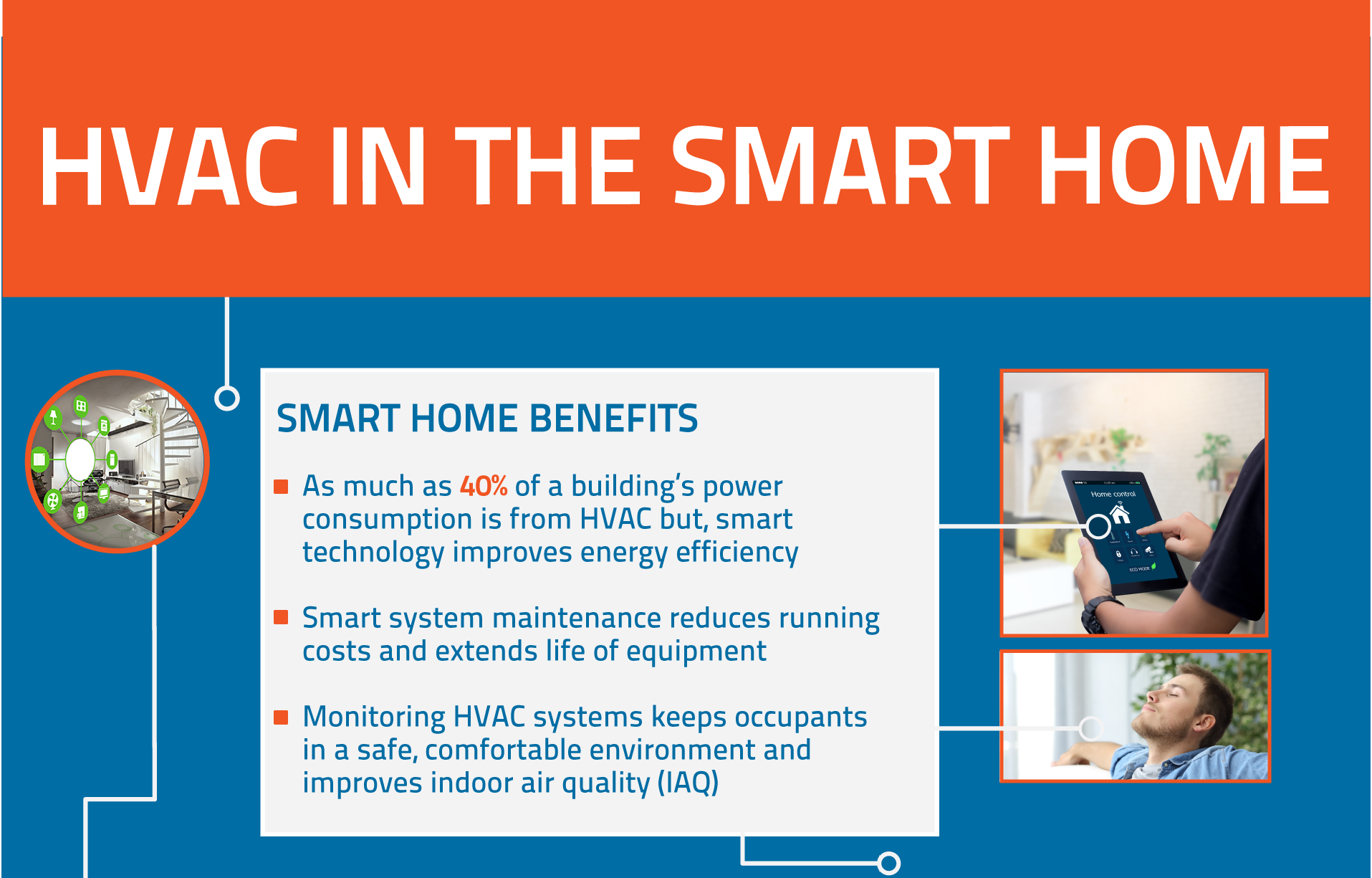Heat Pump Vs Heater - Which Is The Better Heating Option For Your Home?
Heat Pump Vs Heater - Which Is The Better Heating Option For Your Home?
Blog Article
Content Develop By-Rosenthal Smith
Several home owners know with furnaces, which warmth homes with oil or natural gas and press hot air via ductwork. They are fairly economical and can offer reputable home heating even during a winter season power interruption.
Nonetheless, they utilize nonrenewable fuel sources and create carbon monoxide and various other air contamination. They additionally aren't as energy-efficient as a high-efficiency heat pump.
Cost
Usually, heatpump are more economical to operate than heating systems. They generally make use of electricity and cooling agent to essence warmth from outside air, and after that transfer it into your home. You can make the most of less expensive electrical power prices during off-peak hours to better decrease your home heating costs.
Unlike heat pumps, gas or wood-burning heaters utilize combustion to produce warmth, sending out flue gases right into the ambience that can be unsafe to your wellness. These heaters are additionally much less energy-efficient than heat pumps, and their higher operating expense can accumulate gradually.
Heaters are extra complicated than heatpump and require normal upkeep to make sure the correct function of all components. Regardless of this, they often tend to last longer than heatpump with a regular lifespan of twenty years or even more. However, how to clean heat pump filter 'll require to factor in the cost of gas, gas oil or wood and the additional equipment needed for installment and operation such as ducts and air flow systems.
Energy Effectiveness
Heatpump have a greater power performance score than heaters. These systems utilize power to feed on warm from the air, even in freezing temperatures. They can additionally get rid of excess warmth from the home throughout warmer months and reuse it to cool the system. Service provider specialists can aid you identify the best version for your home on climate and resource energy expenses.
Heaters burn fuel oil, lp, natural gas or various other sorts of fossil fuel to heat up the air in the home. This air is after that distributed via ductwork using a big follower. Heating systems create greenhouse gases and call for regular maintenance and devices upgrades to make certain safe operation.
The largest benefit of a furnace is that it can be run even in severe winter conditions due to the fact that it does not rely on exterior temperatures to warm up the air. Furnaces additionally have a longer life-span than heatpump and generally last 15 years. They can likewise be coupled with double fuel choices, which select one of the most effective home heating alternative based on the weather condition.
Environment
Heatpump function well in modest environments and make use of less source power than heaters. Nonetheless, if your area is exceptionally cool, you may need to invest in a conventional gas heater instead.
Furnaces supply cozy, relaxing warmth and usually offer rapid heating to increase indoor temperature levels. These systems can be used with a range of gas types, including natural gas, propane, oil or electrical energy.
They take in much more power than heatpump-- approximately 3x as much-- and need ductwork that's costly to install or retrofit. They're also a lot more expensive to keep, as they can create air top quality problems and generate greenhouse gas exhausts.
If you're dedicated to minimizing your carbon footprint, a heatpump is a great selection for your home. They have less greenhouse gas discharges than heating systems, specifically if you choose an ENERGY STAR ® heatpump. Your neighborhood copyright specialist can explain the distinctions in between these two furnace and aid you make the most effective choice for your one-of-a-kind needs.
Individual Preferences
Heating systems can be extremely power reliable when powered by gas, gas or oil, however they aren't as power effective as heat pumps in cold climates. They can additionally be extra expensive to set up, requiring gas lines and air flow systems.
However, heating systems often tend to call for much less maintenance, which can result in lower ongoing expenses. They create fewer greenhouse gases and are a lot more dependable than heat pumps during severe climate.
Electric heatpump are extra flexible in developing indoor comfort due to the fact that they can also serve as air conditioners throughout warmer months. They can be more convenient to keep, calling for just regular air filter modifications and periodic vacuuming.
If you favor the ease of a solitary system that does it all, consider a crossbreed home heating option that pairs a heater with an electric heatpump. mitsubishi electric nz can automatically switch over between both heating options based on your home's needs and temperature conditions, making the most of effectiveness and cost savings.